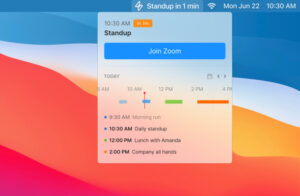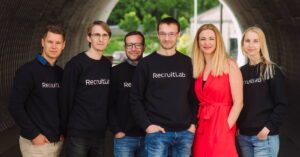
Sophisticated AI systems like OpenAI’s GPT-3 can write prose that’s impressively human-like, or at least good enough to fool the average person. They’ve been used to generate essays, poetry, stories, news reports and more to impressive effect. Perhaps it was only a matter of time, then, before entrepreneurs saw an opportunity to leverage such systems to write marketing copy.
Scale makes AI a great fit for ads. Copywriting is time-consuming work, and AI — being machine-powered — theoretically never stops working. But a greater benefit is personalization. AI systems can target the text of ads to particular segments of customers or even individual customers, making them resonate stronger. At least in theory.
According to a 2021 survey by Phrasee, 63% of marketers would consider investing in AI to generate and optimize ad copy. It’s an admittedly biased finding — Phrasee sells AI-powered copy generation software. But vendor-neutral analytics firm Statista reports that 87% of current AI adopters are already using, or considering using, AI for sales forecasting and improving their email marketing.
Investors are bullish on the idea, in any case. Copysmith last April secured $10 million in financing for its AI-powered “creative content” generation platform. Copy.ai, a rival building similar algorithm-based copywriting tools for businesses, closed a $10 million round in October.
To get to the bottom of the enthusiasm for copy-generating tech, TC reached out to partners at VC firms who’d invested in startups in the nascent space within the last two years. We spoke with Sandhya Venkatachalam, a Khosla Ventures partner specializing in AI and machine learning startups, and Wing Venture Capital partner Zach DeWitt.









